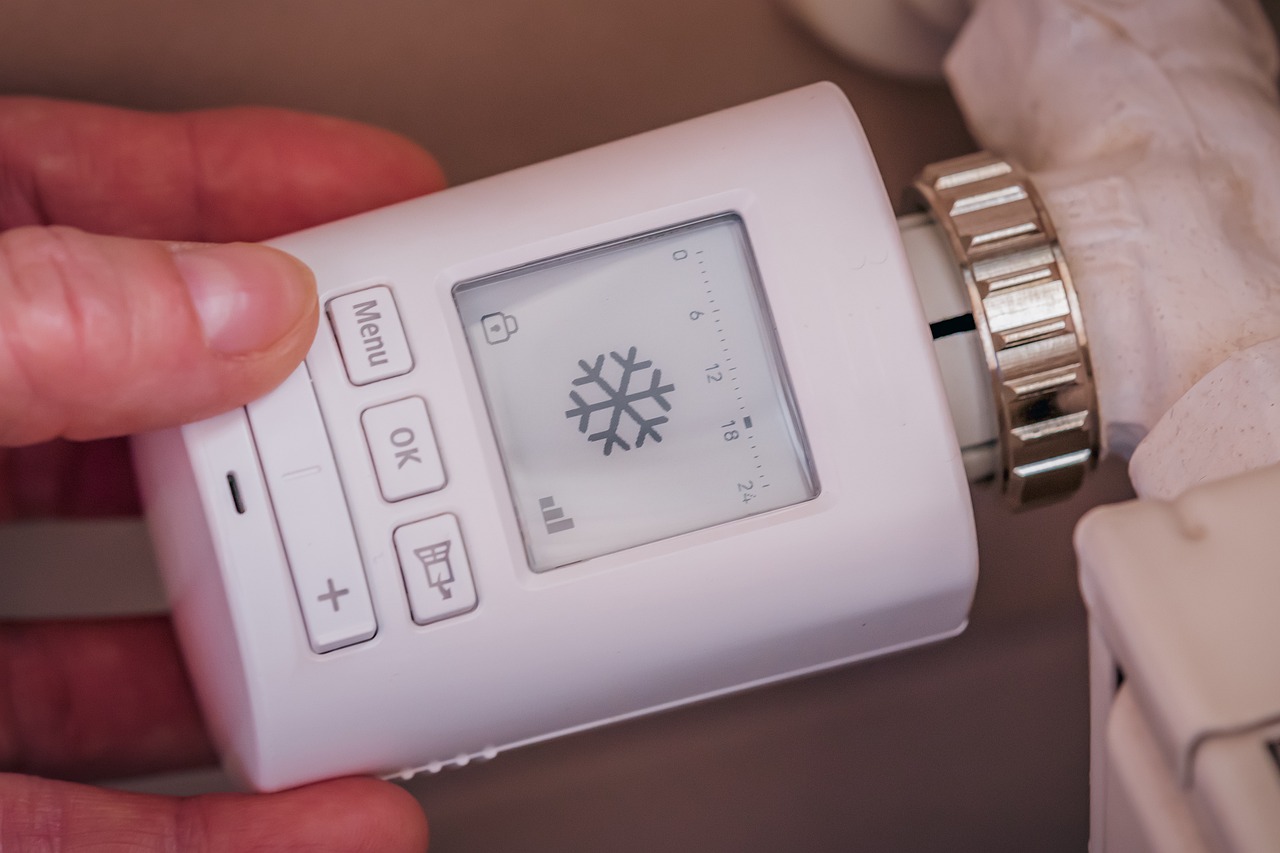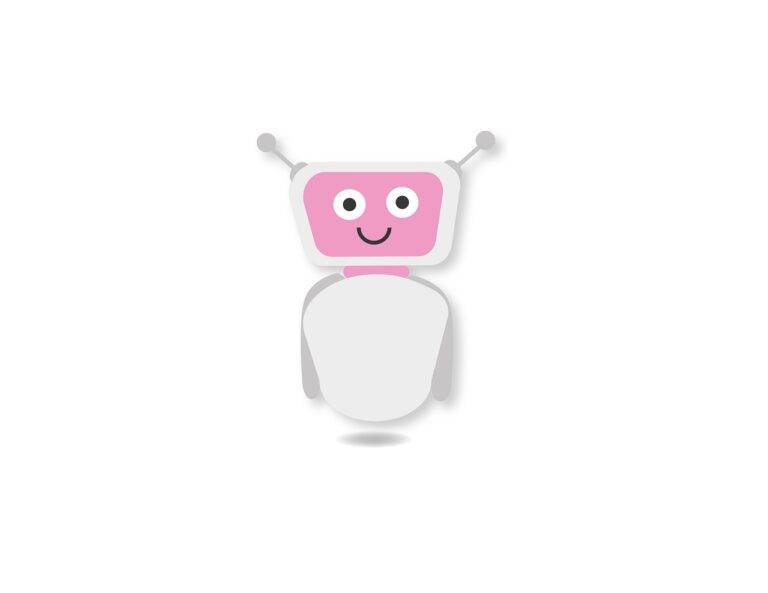The Impact of Tech on Telemedicine: Remote Consultations and Medical Monitoring
Telemedicine has undergone a remarkable transformation in recent years, propelled by advances in technology and shifting healthcare landscapes. The concept of remote healthcare dates back to early forms of telecommunication, but it has now evolved into a sophisticated system that allows for virtual consultations, diagnosis, and treatment.
With the growing emphasis on convenience and accessibility in healthcare, telemedicine has gained traction as a valuable tool for both patients and providers. It has transcended geographical barriers, enabling individuals to access medical expertise from the comfort of their homes. This evolution in telemedicine not only enhances patient care but also streamlines healthcare delivery, making it more efficient and cost-effective.
Advancements in Remote Consultations
Telemedicine continues to make significant strides in the realm of remote consultations. With the integration of cutting-edge technology and increased access to high-speed internet, patients can now conveniently connect with healthcare providers from the comfort of their own homes. This has not only revolutionized the way medical consultations are conducted but has also expanded healthcare services to individuals in rural and underserved areas.
Moreover, advancements in remote consultations have paved the way for more personalized and efficient healthcare delivery. Patients can now receive timely medical advice and treatment recommendations without the need for in-person appointments. This has not only improved patient outcomes but has also reduced unnecessary visits to healthcare facilities, consequently lowering healthcare costs and improving overall healthcare accessibility.
Benefits of Medical Monitoring Technology
Medical monitoring technology has revolutionized the way healthcare providers can track and manage their patients’ health remotely. By utilizing wearable devices and other monitoring tools, healthcare professionals can continuously monitor vital signs, medication adherence, and overall health progress without the need for frequent in-person visits. This real-time data enables timely interventions and adjustments to treatment plans, ultimately leading to improved patient outcomes.
Moreover, medical monitoring technology empowers patients to take an active role in managing their own health. With access to real-time data and insights about their conditions, patients can make more informed decisions about their lifestyle choices and treatment adherence. This increased level of engagement and autonomy often results in better health outcomes and a more collaborative relationship between patients and healthcare providers.





